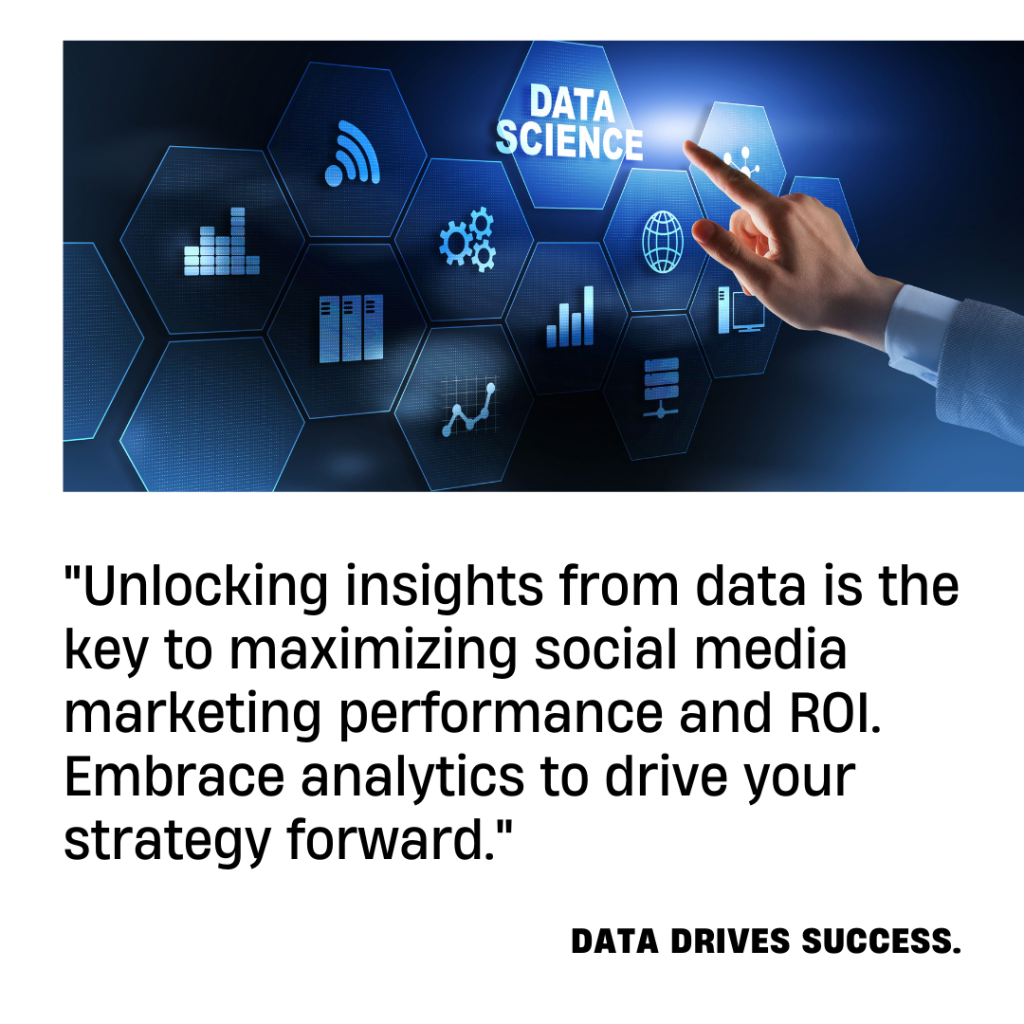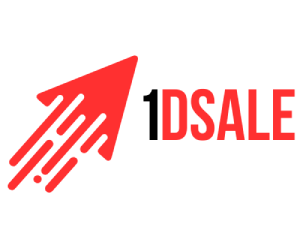Data analytics plays a crucial role in maximizing the effectiveness and ROI of social media marketing campaigns. This article explores how businesses can leverage data analytics tools and insights to optimize their social media strategies, enhance audience engagement, and achieve measurable business outcomes.
- Understanding Data Analytics in Social Media Marketing:
- Data Collection: Social media platforms provide analytics tools that collect valuable data on user interactions, engagement metrics, demographics, and performance of posts and campaigns. This data helps businesses understand audience behavior and preferences.
- Insights Generation: Analyzing data generates actionable insights into audience demographics, content performance, peak engagement times, and conversion rates. Insights inform strategic decisions and optimizations to improve campaign effectiveness.
- Performance Measurement: Key performance indicators (KPIs) such as reach, impressions, clicks, conversions, and ROI are tracked and analyzed to evaluate the success of social media marketing efforts. Data-driven analysis enables businesses to measure campaign impact and justify marketing investments.
- Benefits of Data-Driven Social Media Marketing:
- Targeted Audience Segmentation: Data analytics enables precise audience segmentation based on demographics, interests, behaviors, and engagement levels. Segmenting audiences allows businesses to tailor content and messaging to specific audience segments, increasing relevance and engagement.
- Content Optimization: Analyzing content performance metrics helps businesses identify top-performing content types, topics, formats, and messaging strategies. Optimization based on data insights improves content relevance, resonance, and effectiveness.
- Campaign Optimization: Data analytics informs strategic adjustments and optimizations throughout the campaign lifecycle. Continuous monitoring of KPIs allows businesses to identify underperforming areas, implement improvements, and maximize campaign ROI.
- Budget Allocation: Data-driven insights guide budget allocation decisions by identifying high-performing channels, campaigns, and content types. Allocating resources to strategies with the highest ROI improves cost efficiency and overall campaign effectiveness.
- Implementing Data Analytics Strategies:
- Choose Relevant Metrics: Select KPIs aligned with campaign objectives and business goals, such as awareness, engagement, conversions, or customer acquisition.
- Utilize Analytics Tools: Leverage built-in analytics tools provided by social media platforms (e.g., Facebook Insights, Twitter Analytics) or third-party analytics platforms to collect and analyze data effectively.
- Benchmark and Compare: Compare campaign performance against historical data, industry benchmarks, or competitor insights to gain competitive intelligence and identify areas for improvement.
- Iterative Optimization: Implement iterative testing and optimization strategies based on data-driven insights. Test variables such as ad creative, targeting parameters, posting times, and messaging to refine strategies and maximize performance.
By harnessing the power of data analytics in social media marketing, businesses can gain a competitive edge, enhance audience engagement, and achieve measurable business outcomes. Strategic use of data-driven insights enables businesses to optimize their social media strategies, improve campaign effectiveness, and drive sustainable growth in an increasingly digital landscape.





